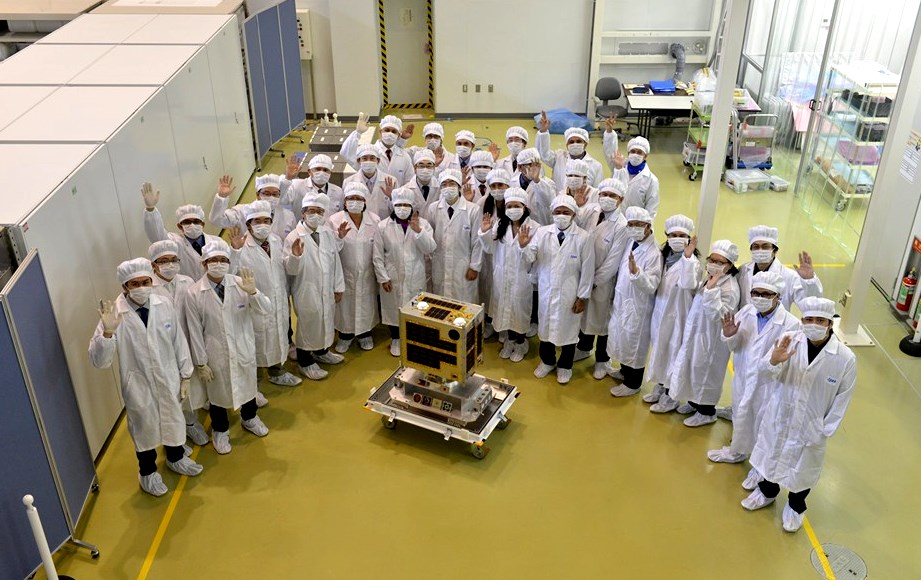
MANILA, Philippines – After weeks of waiting, the Philippines' first microsatellite will finally be launched.
The Diwata-I microsatellite is set to be brought to the International Space Station (ISS) on Wednesday, March 23, the University of the Philippines said on Tuesday, March 22.
Diwata-I will be part of the payload of the Orbital ATK Cygnus spacecraft, part of the Commercial Resupply Mission to the ISS. It is set to launch into space from the Cape Canaveral Air Force Station in Florida.
The 30-minute launch window starts at 11:05 pm Tuesday local time in Florida (11:05 am Wednesday in the Philippines), NASA said.
Once in the ISS, the Diwata-I will be part of the KIBO Japanese Experiment Module, which will then release the microsatellite into space through the Japan Small Satellite deployer, UP said.
If the launch and deployment proves successful, Diwata-I – one of two microsatellites under the PHL-Microsat Program – is expected to "aid the country’s efforts in building essential capabilities that enhance and promote disaster risk reduction and management, agricultural productivity, resource assessment, and climate change studies through space technology," UP said.
The 50-kilogram microsatellite will carry 3 main payloads used for measurement and detection: a High-Precision Telescope, a Spaceborne Multispectral Imager, and a Wide Field Camera.
Diwata was handed over to the Japan Aerospace Exploration Agency (JAXA) for final tests last January 13, after months of planning and assembly by a team of scientists and engineers from the Philippines, under the guidance of Japanese experts.
It is expected to pass 4 times a day over the country to gather data once up in low-earth orbit (400 to 420 kilometers from the ground) at a speed of 7 kilometers per second.
The PHL-Microsat project will cost the Philippines P324.8 million ($7.3 million) over the course of 3 years, until 2017.
Cygnus launch

For this trip, Cygnus' payload will be a total of 3 1/2 tons. Aside from Diwata-I, the payload will include other science experiments – including one that will light a controlled fire, The Planetary Society noted in a blog post.
It will also carry other equipment and supplies for the astronauts living in the ISS – including high-pressure cylinders of air and a spacesuit.
Cygnus – which will be unmanned, and will be controlled remotely from the ground – will be launched atop a United Launch Alliance Atlas V rocket, and is set to reach the ISS after 3 days.
The launch will be livestreamed by NASA, and Rappler will carry the livestream starting at 10 am Wednesday, Philippine time. – Rappler.com